The death of Pope Francis in the early hours of April 21 marks the end of a transformative pontificate, deeply marked by openness, inclusiveness and a pastoral approach close to the marginalized. His legacy has left its mark, but it has also generated divisions within the Vatican. Now, the eyes of the world are on the secret conclave where 138 cardinal electors, all under the age of 80, will gather in the Sistine Chapel to elect the next spiritual leader of more than a billion Catholics around the world.
The process is solemn and rigorous. Isolated from the outside world, the cardinals will deliberate, pray and vote in secret until one of them receives at least two-thirds of the votes. But beyond the logistics, what is at stake is the direction the Church will take: will it opt for a continuist figure or will it mark a shift towards more traditional or conservative positions?
Europe or the rest of the world?
One of the central questions is whether the next Pope will be European. Inés San Martín, a specialist in Vatican affairs, suggests that this question is equivalent to a deeper one: will Francis’ progressive legacy continue or will he return to a more traditional model?
Although Latin America seems to have little chance this time, Africa and Asia emerge as regions with strong candidates. In contrast, the United States has no viable options, partly because of the strong politicization of its local Church. Europe, however, remains the continent with the most weight among voters and also presents several strong names.
The conclave’s favorites
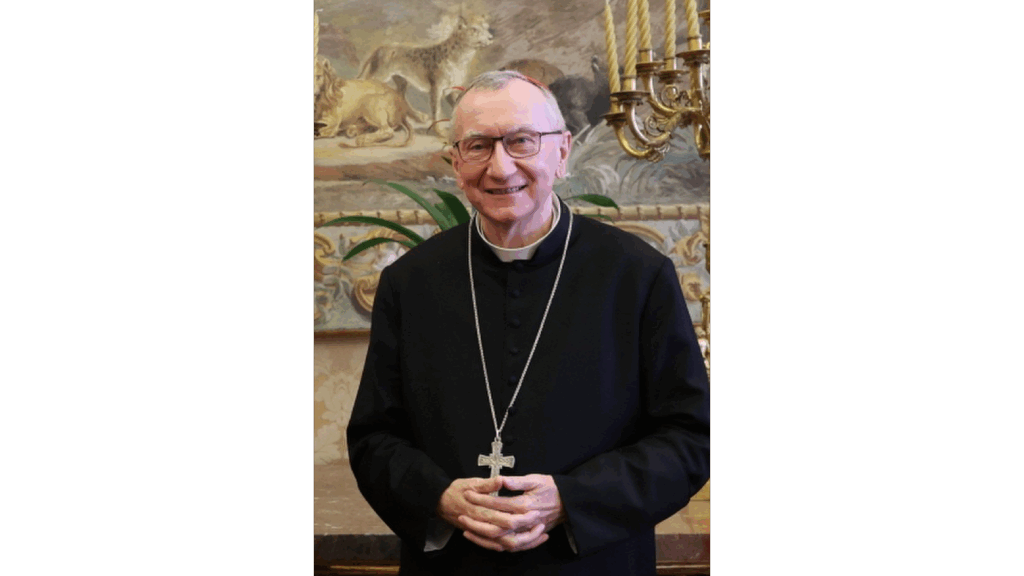
Pietro Parolin – Attribution: National Assembly of the Republic of Korea
Pietro Parolin (Italy, 70 years old) Current Vatican Secretary of State, Parolin combines diplomatic experience and doctrinal moderation. His figure represents a continuity of Francis’ pontificate, although history plays against him, as rarely has a secretary of state been elected pope. He is respected within the Vatican, but his closeness to power could be seen as a disadvantage by those seeking renewal.
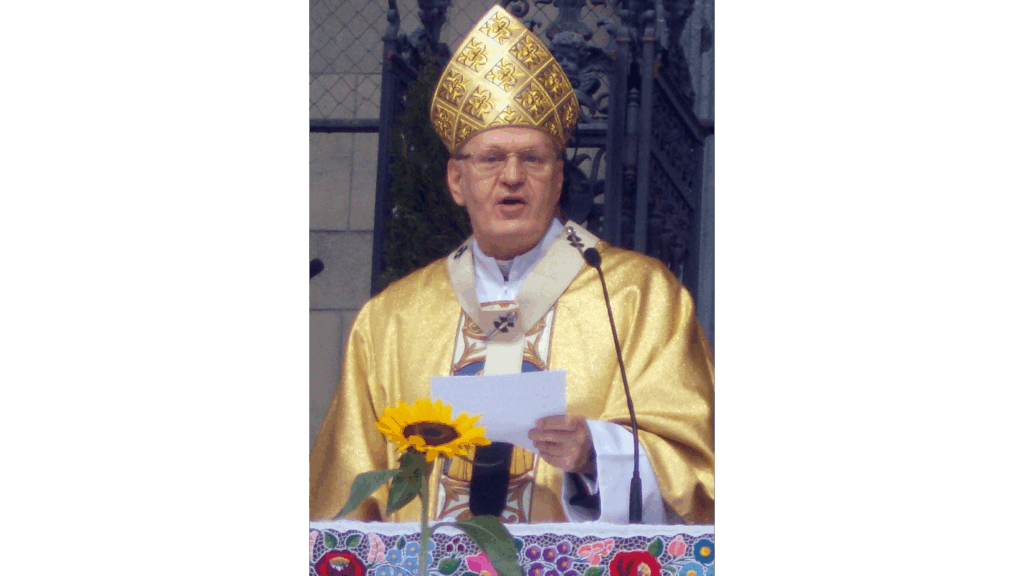
Cardinal Péter Erdő during preaching at the beatification of István Sándor, October 19, 2013. By Janez Jelen, available at Wikimedia Commons, under the license CC BY 3.0.
Peter Erdö (Hungary, 72 years old) Known for his conservative positions, especially on moral issues, Erdö was a strong figure some years ago, but his profile has lost visibility. While he appeals to conservative sectors, his distance from the media and his current low profile could make his election difficult.
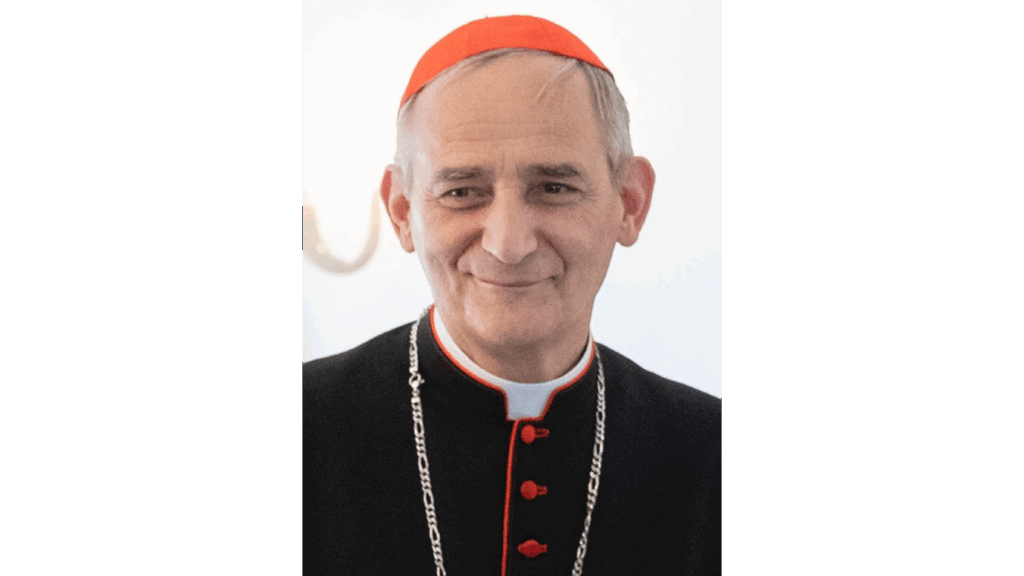
Matteo Zuppi, 2019 – By Presidenza della Repubblica, Quirinale.it
Matteo Zuppi (Italy, 69 years old) Archbishop of Bologna and a figure close to Francis, Zuppi is an advocate for interreligious dialogue and LGBTQ+ inclusion. He has worked in peace processes and has an ecumenical vision of the Church. However, his low profile and resistance from conservative sectors could work against him.
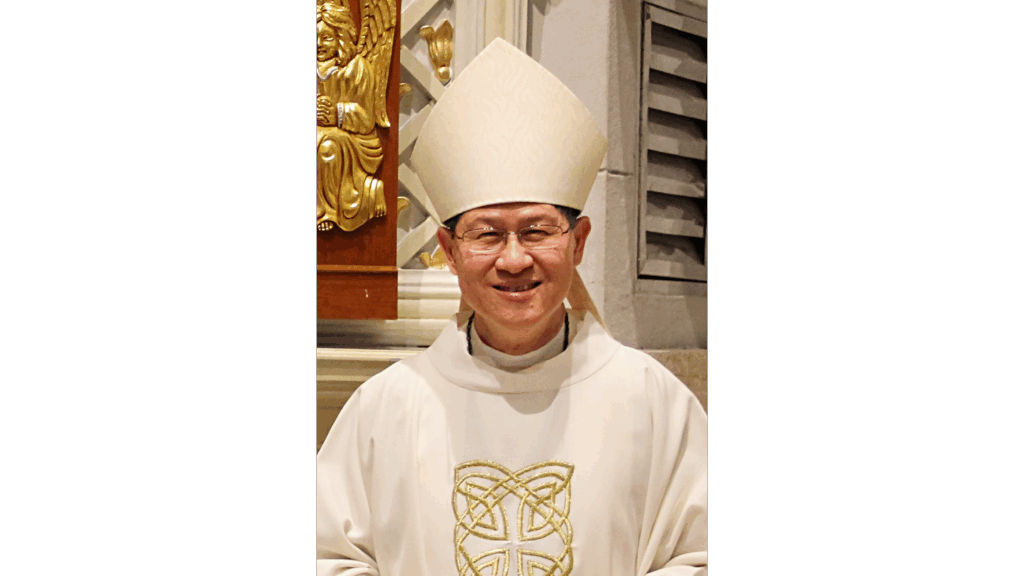
“Luis Antonio Tagle in 2016” by Perrant, available at Wikimedia Commons, under the license CC BY-SA 3.0.
Luis Antonio Tagle (Philippines, 67 years old) Progressive, charismatic and with a very close pastoral approach, Tagle is considered one of the favorites if the conclave decides to take a step towards Asia. He is young by Vatican standards, which would imply a long pontificate. Although popular, some cardinals doubt his ability as an administrator.
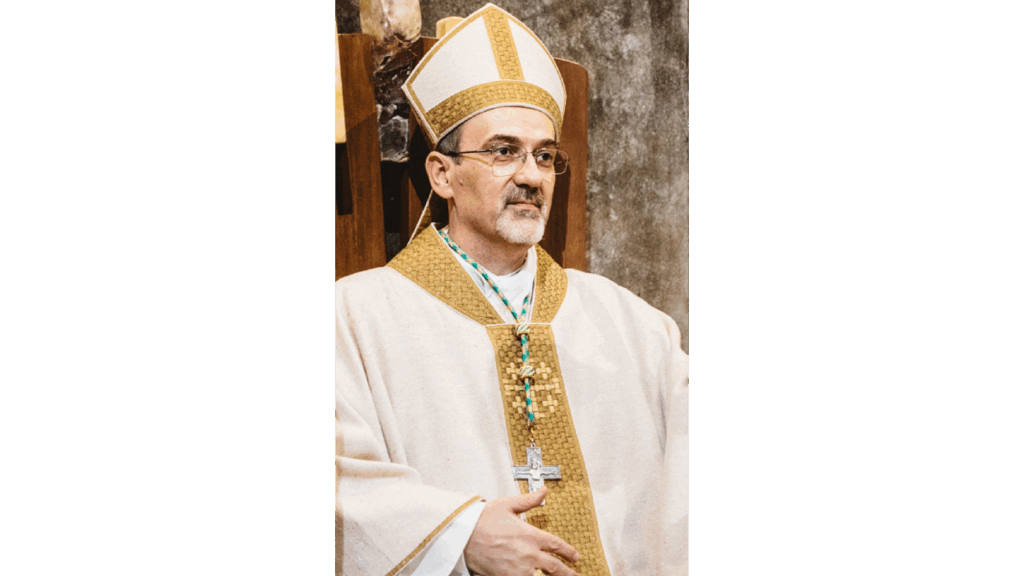
Msgr. Pierbattista Pizzaballa on the day of his episcopal consecration, September 29, 2016. By Giovanni Zennaro, available at Wikimedia Commons, under the license CC BY-SA 4.0.
Pierbattista Pizzaballa (Italy, 60) Latin Patriarch of Jerusalem, Pizzaballa has worked for decades in the Middle East, dealing with religious and political tensions. Although Italian, he is perceived as a missionary rather than institutional figure. His independent profile and diplomatic experience make him an attractive option for those seeking balance.
Africa’s Leading Candidates
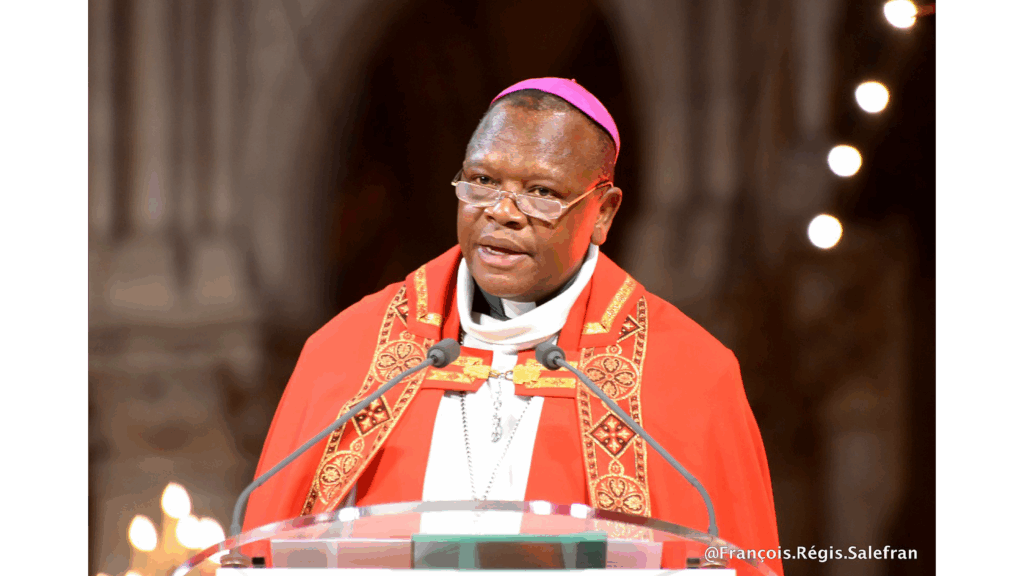
“AED 11ème Nuit des Témoins – Fridolin Ambongo – 2” by François Thomas/AED, available at Wikimedia Commons, under the license CC BY-SA 4.0.
Fridolin Ambongo Besungu (Democratic Republic of Congo, 65 years old) President of the Symposium of Episcopal Conferences of Africa and Madagascar, Ambongo is conservative but with a typically African approach, different from European conservatism. His opposition to certain reforms pushed by Francis in Africa gives him support in traditional sectors of the conclave.

Bishop Peter Ebere Okpaleke on his resignation from the diocese of Ahiaraa, Feb 19, 2018. By Agenzia Fides, available at Wikimedia Commons, under the license CC BY-SA 4.0.
Peter Ebere Okpaleke (Nigeria, 62 years old) Seen as “the dark horse”, Okpaleke was appointed cardinal by Benedict XVI, but was only able to fully exercise his office thanks to the support of Francis. He has a balanced pastoral vision and is considered to be of the center. His profile could unify cardinals divided between tradition and reform.
The Resilient Asian Candidate
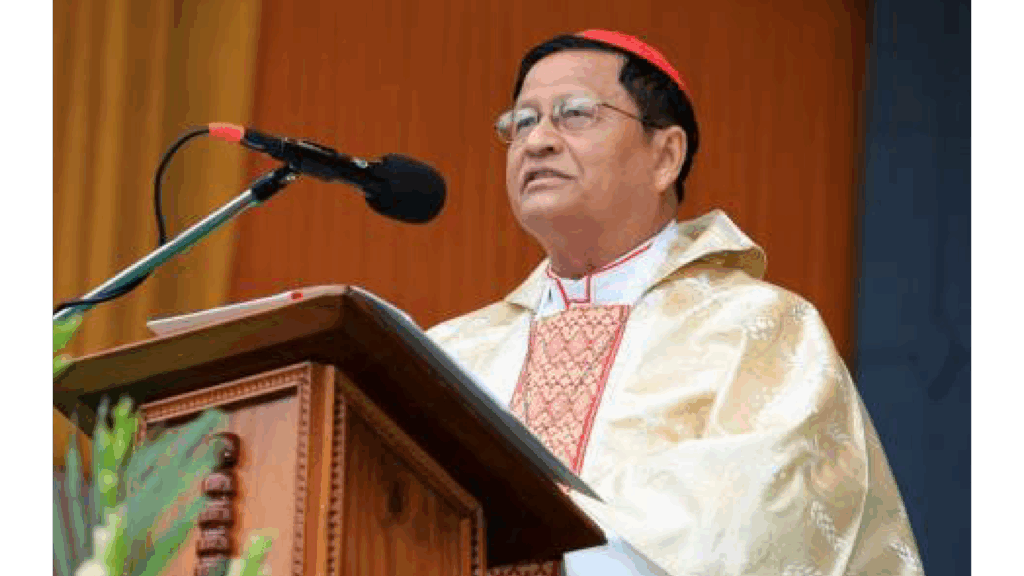
Cardenal Charles Maung Bo during his visit to northeast India, Nov. 15, 2019. By Agenzia Fides, available at Wikimedia Commons, under the license CC BY 4.0.
Charles Maung Bo (Myanmar, 76 years old) Archbishop of Yangon and a leading figure in the fight against military violence in his country. He was president of the Federation of Asian Bishops’ Conferences and has advocated for human rights in an extremely hostile context. Although his age could work against him, his pastoral experience and courageous leadership are indisputable.
And the Latin Americans?
Although Pope Francis was the first Latin American pontiff, everything indicates that this trend will not be repeated in the short term. Even so, there are four Argentines with the right to vote in the conclave who could influence decisions:
- Ángel Sixto Rossi, a Jesuit close to the poorest sectors.
- Mario Aurelio Poli, an outstanding figure in interreligious dialogue.
- Vicente Bokalic Iglic, with a solid trajectory in northern Argentina.
- Víctor Manuel Fernández “Tucho”, one of the theologians closest to Francis, whose role in the Dicastery for the Doctrine of the Faith makes him influential, although his progressive positions generate controversy.
None of them is listed as a favorite, but their participation will be key in the conformation of internal alliances.
Beyond the names: Which Church will come?
The new Pope will not only be a spiritual figure, but also a global administrator and a major political actor. He will have to face internal challenges such as ideological polarization and external ones such as secularization, climate change, war conflicts and the migration crisis.
“The key will be to determine what is the priority of the cardinals: do they want a pastoral, conservative, liberal pope or a good manager to continue the transformation initiated by Francis?” says San Martin.
The conclave will not only elect a man, but also a vision for the future: will the Church consolidate itself on the path of openness or will it return to a more traditional path? The next few weeks will be decisive to understand what direction the Catholic Church will take in the coming decades.







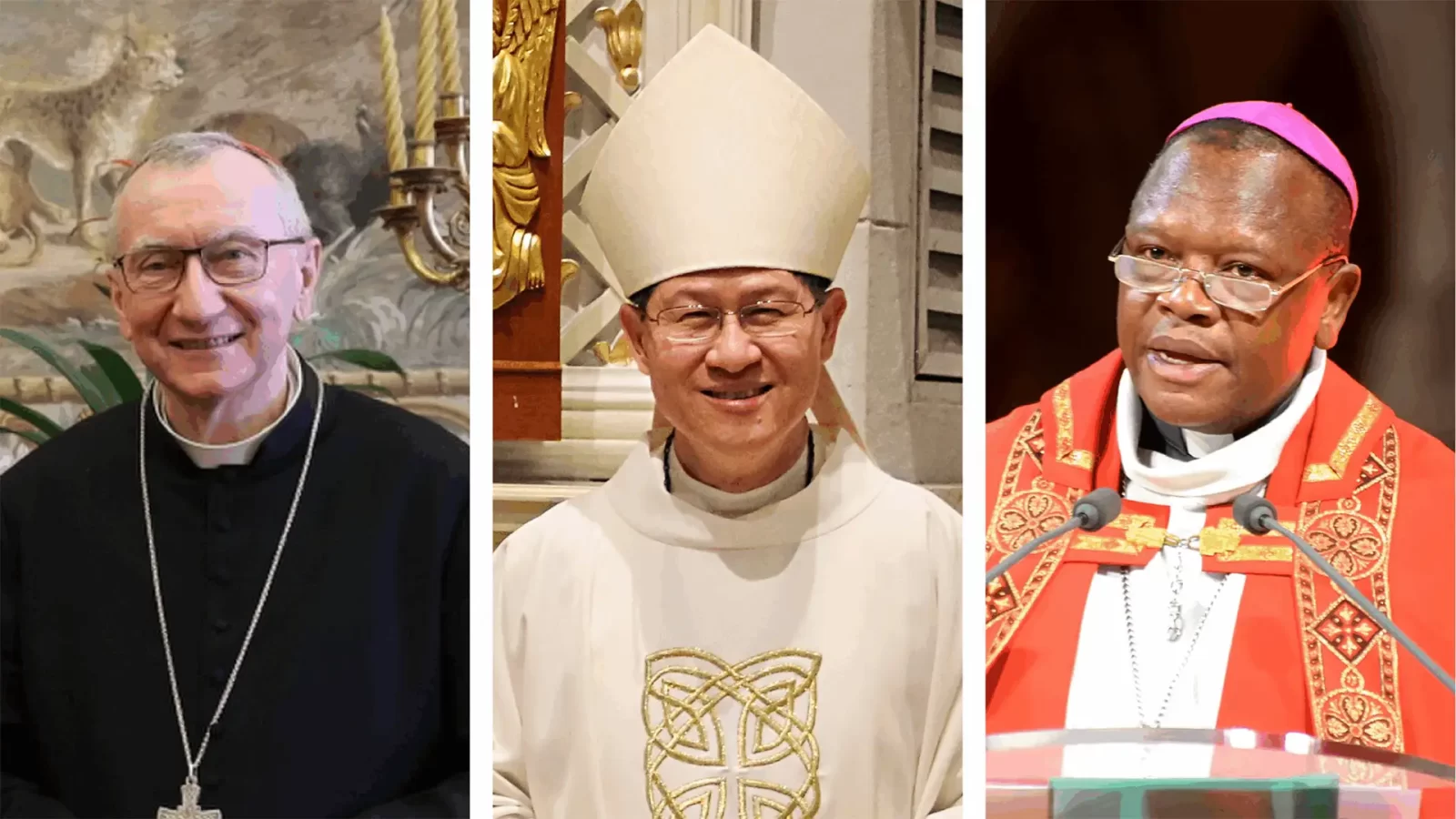




























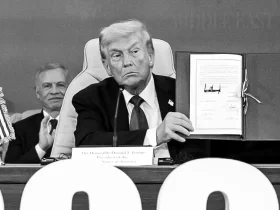
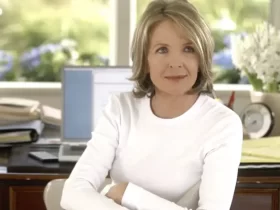
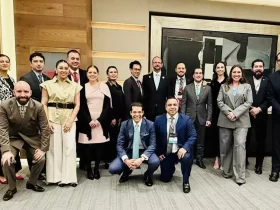
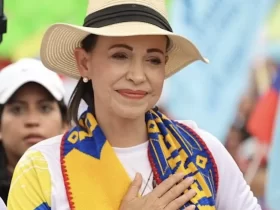
Leave a Reply